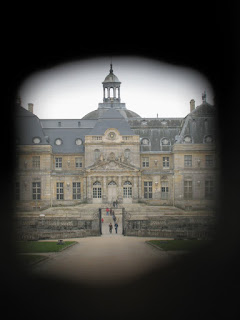
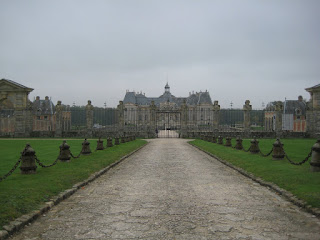 Once a small château located between the royal residences of
Once a small château located between the royal residences of Fifteen years later, Fouquet was King Louis XIV's superintendent of finances (finance minister) and construction began on what was then the finest château and garden in
The château and its patron became for a short time a great center of fine feasts, literature and arts. The poet La Fontaine and the playwright Molière were among the artists close to Fouquet. In the inauguration of Fouquet's Vaux-le-Vicomte, a Molière play was performed, along with a dinner event, organized by François Vatel, and showing an impressive firework show.
The château was lavish, refined, and dazzling to behold, but rich in hidden drama. Indeed, the King had Fouquet arrested shortly after a famous fête that took place on August 17, 1661, with Molière's play 'Les Fâcheux'. The celebration had been too impressive and the superintendent's home too luxurious, and Jean-Baptiste Colbert had pushed the king to believe that his minister's magnificence was funded by the misappropriation of public funds. Fouquet was arrested by Colbert, who would replace him as superintendent of finances. Later Voltaire was to sum up the famous fête thus: "On 17 August, at six in the evening Fouquet was the King of France: at two in the morning he was nobody." La Fontaine wrote describing the fête, and shortly afterwards penned his Elégie aux nymphes de Vaux.



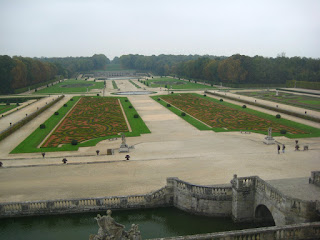


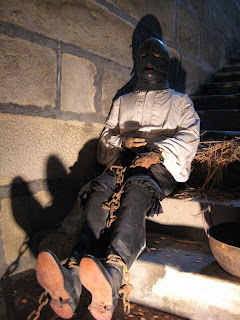




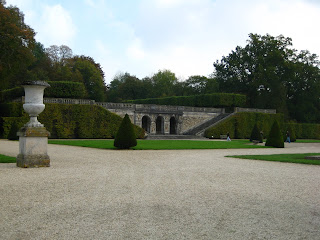

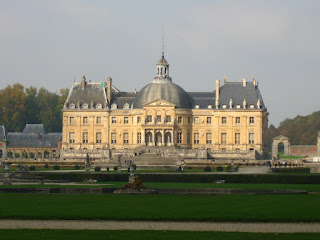














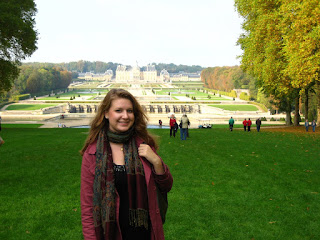


No comments:
Post a Comment